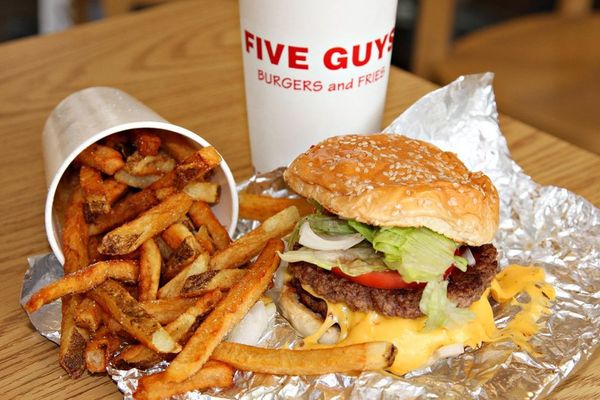Question and answer with Matthew Brown, the director and main character of the film "In the Treetops."
The movie was presented by Rooftop Films, a non-profit who showcases underground films outdoors.
Hot Seat Questions:
Where did you go to college? — "North Carolina School of the Arts."
When did you make the film? — "My junior year during winter break but I wrote it a year before around September."
How is your IMBD page? — "Blank." (Said laughing.)
Matthew Brown knew that if he was going to make this low budget movie come to life he was going to have to “work (his) ass off.” And that’s what he did. This young adult was able to get together with various theatre students and film creators to make this movie. "In the Treetops" is an intriguingly sincere indie film that portrays the memorable transition between high school and adulthood.
The movie has a realism trait — one that showcases a different side of the either well-loved or truly hated high school. It is not about the usual party scene or awkward sex-ed class. Brown stated that he wanted to make his film different and rather than focusing on “bulling or the school or the common, almost trophy themes,” he wanted to see high school for the reality or in a way, the things we choose to hide.
The script defiantly helps with the reality of high school. There is a high level of improv alongside written-in slang and curse words. Brown comments that the level of improv was thanks to the friendships that were formed on and off-camera. One of the actors commented in the Q&A that when making the film they were uncertain if the rawness of the script would showcase how scared they actually were to shoot. Being that the actors and film creators were young and inexperienced, scared was a common feeling throughout the crew.
Brown is the main creator and protagonist in the film. The interviewer asked Brown if he had reservations on casting himself. Brown answered and said to around 100 people that he struggled with his appearance of "doucheness" to the viewer. However, when they did the camera test it worked and felt right to him. He explained that the main character in actuality was written about him. He was able to jump pretty quickly into the mindset of the character and it allowed all actors, including himself, the "freedom to express the truth of the character." When Brown was in the editing room reviewing the film he was happy with the decision.
The music of the movie is something that defiantly stands out and elevates the film. Songs include “Library Tapes” and “I Break Horses.” Brown found a low-fye indie band and a pianist for most of the tracks. Openly he commented how the music was perfect because it was cheap.
The interviewer compared Brown’s work with other alumni of North Carolina, such as Zene Baker, Travis Beacham, Mark Freiburger and Jody Hill. However, Brown dismissed the notion and reframed from being called a "copy-cat."
The film developed throughout the course of its making. While they did have a formal shot list, it was manipulated and therefore made the film more real. Although it touched on heavy subjects (a friend dying while driving drunk, not fitting in, sex) it is an overall light-hearted film. There's a lot of laughter and comedy through witty jokes.
For more information please follow the links below.
A link to the trailer: vimeo.com/76687490
For more information on Rooftop Films: rooftopfilms.com



 Photo by
Photo by 














